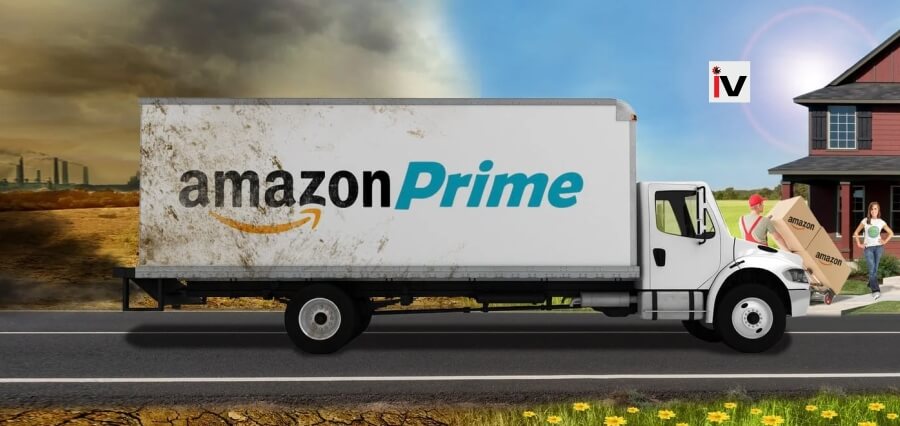Major corporations like Amazon are intensifying efforts to reduce their carbon footprint and are placing increased pressure on their suppliers to follow suit. Amazon, in its recent sustainability report, announced that starting in 2024, it will mandate suppliers to disclose emissions data, set emissions goals, and report progress. This move aligns with other industry leaders such as Microsoft, Walmart, and Apple, all emphasizing the need for suppliers to prioritize decarbonization.
The heightened demand for eco-friendly practices is driven by various stakeholders, including consumers, investors, regulators, and governments, pushing for increased transparency and progress in sustainable initiatives. Bob Willard, a corporate consultant specializing in sustainability, notes that the pressure is cascading from companies to their suppliers.
Emissions tracking is typically divided into three scopes, with scope 3 accounting for about 75% of all emissions, originating from indirect sources like supplier emissions and customer product usage. Companies wield substantial control over their suppliers, providing an avenue to influence environmental practices.
Decarbonization requirements are becoming more stringent across industries. For instance, Salesforce now demands suppliers to disclose scope 1, 2, and 3 emissions, deliver carbon-neutral products and services, and complete an annual supply scorecard. AstraZeneca is also requiring suppliers to report emissions data and establish science-based goals.
While Amazon does not include suppliers in its Scope 3 accounting, it is effectively addressing this by compelling suppliers to report emissions and set goals. Small and medium-sized business owners, especially third-party sellers, face challenges in meeting the increasing tracking and reporting demands, citing a lack of resources and skills.
The procurement arm of the business community is extending its focus to supply chains, putting pressure on suppliers to adhere to sustainability requirements. Large corporations are offering assistance, ranging from direct funding and improved terms to training and access to clean technology. Amazon, for instance, has pledged to leverage its scale, investment, and innovation to help suppliers transition to renewable energy and access sustainable materials.
Companies emphasizing sustainability commitments are likely to retain high-quality suppliers. However, suppliers must make independent decisions on how to approach these challenges. While companies must also address scope three emissions, the ability to comply with sustainability requirements may influence supplier selection, and those unable to meet standards may face difficult conversations in the future.

